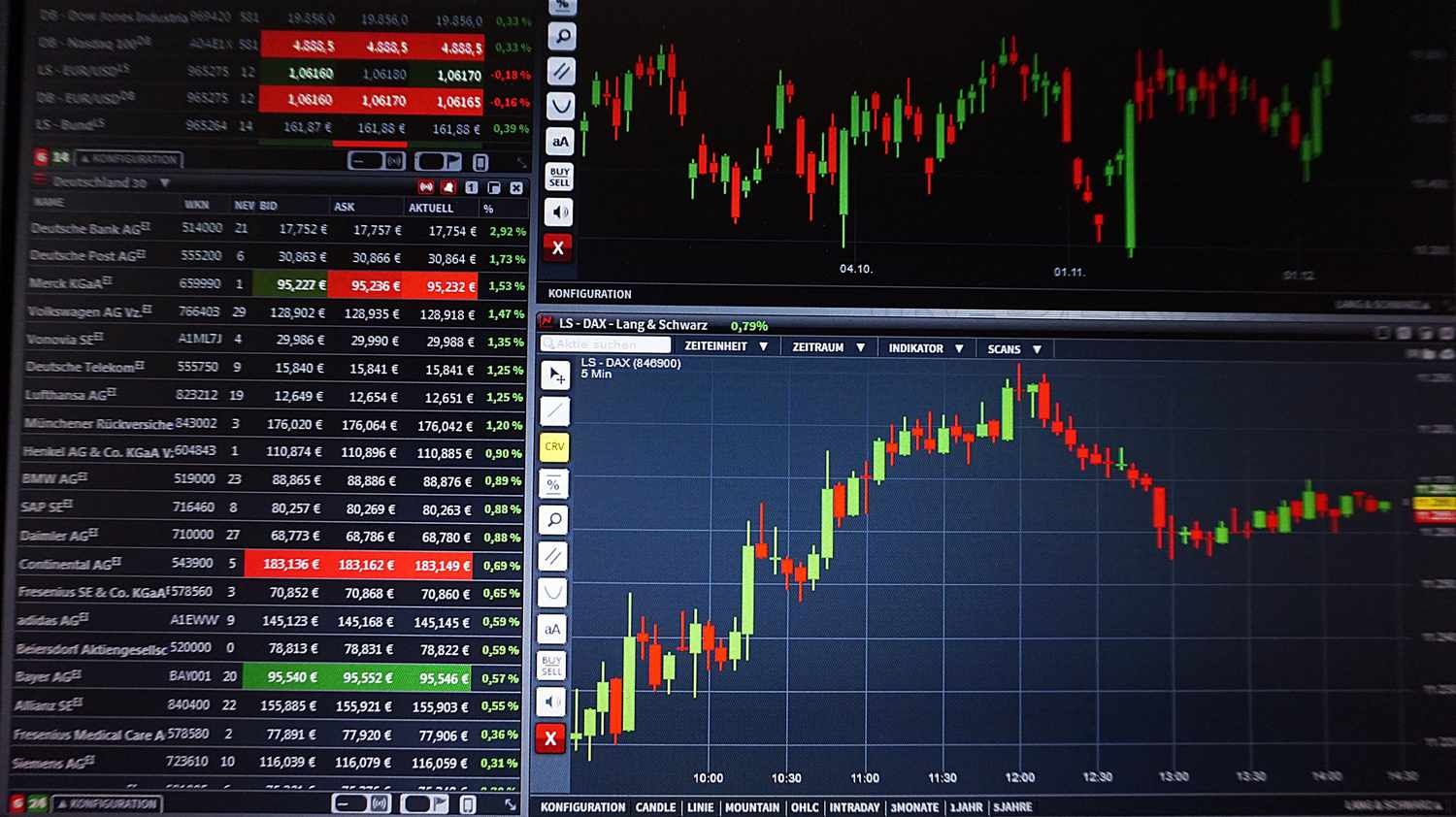
Trading Volumes and Liquidity During Share Market Holidays
Trading volumes and liquidity dynamics undergo significant shifts during share market holidays, including those observed by the National Stock Exchange (NSE). Understanding the implications of NSE holidays and share market closures on trading volumes and liquidity is essential for market participants seeking to comprehend the altered market dynamics and their impact on trading strategies. This exploration delves into the ways in which share market holidays influence trading volumes and liquidity, offering insights into the behavioral, operational, and strategic considerations that characterize periods of non-trading.
Share market holidays disrupt the regular rhythm of trading activity, leading to periods of reduced liquidity and altered trading volumes. These NSE holidays encompass public holidays, festivals, and special trading sessions, impacting the availability of trading opportunities and the participation of market participants. As a result, trading volumes experience a notable decline, with reduced activity and turnover during periods of share market holidays and NSE holidays.
The reduction in trading volumes during share market holidays can be attributed to a range of factors, including the absence of market participants, limited trading opportunities, and a general sense of caution and restraint among investors. The anticipation of a holiday-induced NSE holiday often prompts market participants to adjust their trading activity, leading to reduced engagement and a more conservative approach to trading. This adjustment in trading behaviour contributes to diminished trading volumes and liquidity during share market holidays.
Moreover, the impact of share market holidays on trading volumes and liquidity extends beyond the immediate cessation of trading activity. The lead-up to share market holidays often witnesses a gradual decline in trading volumes as market participants adjust their positions, reduce their exposure, and prepare for the impending NSE holidays. This pre-emptive adjustment results in subdued trading volumes and liquidity, reflecting the cautious and restrained sentiment that precedes share market holidays.
The altered liquidity dynamics during share market holidays have implications for market efficiency and price discovery. Reduced liquidity can lead to wider bid-ask spreads, increased price volatility, and the potential for market inefficiencies. These liquidity challenges can present operational and strategic considerations for traders and investors, requiring them to adapt their trading strategies and risk management approaches to account for the altered market conditions.
In addition to the impact on trading volumes and liquidity, share market holidays also influence the timing and execution of trading strategies. The subdued trading environment and reduced liquidity during these periods can affect the efficiency and effectiveness of trading activities, prompting market participants to adjust their approach to account for the altered market dynamics. The strategic adaptation to holiday-induced liquidity challenges is crucial for optimizing trading performance and managing risk during periods of non-trading.
Furthermore, the implications of share market holidays on trading volumes and liquidity underscore the importance of risk management and position adjustment. Traders and investors must consider the potential impact of reduced liquidity on their open positions and portfolios, developing proactive strategies to manage risk and optimize their trading activities during share market holidays. This strategic approach is essential for mitigating the potential challenges associated with diminished liquidity and altered market dynamics.
Thus, share market holidays have a notable impact on trading volumes and liquidity, leading to reduced activity, altered market dynamics, and operational considerations for market participants. By understanding the implications of NSE holidays and share market closures on trading volumes and liquidity, market participants can adapt their trading strategies, manage risk, and make informed decisions in response to the unique challenges presented by periods of non-trading.




